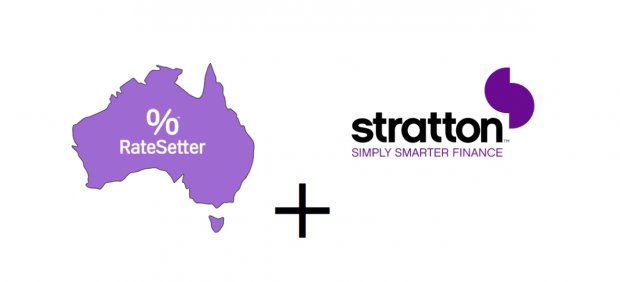
A secured loan is a loan in which the borrower pledges some asset (e.g. a car or property) as collateral for the loan, which then becomes a secured debt owed to the creditor who gives the loan. The debt is thus secured against the collateral — in the event that the borrower defaults, the creditor takes possession of the asset used as collateral and may sell it to regain some or all of the amount originally loaned to the borrower, for example, foreclosure of a home. From the creditor's perspective this is a category of debt in which a lender has been granted a portion of the bundle of rights to specified property. If the sale of the collateral does not raise enough money to pay off the debt, the creditor can often obtain a deficiency judgment against the borrower for the remaining amount.
The opposite of secured debt/loan is unsecured debt, which is not connected to any specific piece of property and instead the creditor may only satisfy the debt against the borrower rather than the borrower's collateral and the borrower. Generally speaking, secured debt may attract lower interest rates than unsecured debt due to the added security for the lender; however, credit history, ability to repay, and expected returns for the lender are also factors affecting rates.
Purpose[edit]
There are two purposes for a loan secured by debt. In the first purpose, by extending the loan through securing the debt, the creditor is relieved of most of the financial risks involved because it allows the creditor to take the property in the event that the debt is not properly repaid. In exchange, this permits the second purpose where the debtors may receive loans on more favorable terms than that available for unsecured debt, or to be extended credit under circumstances when credit under terms of unsecured debt would not be extended at all. The creditor may offer a loan with attractive interest rates and repayment periods for the secured debt.
- A nonrecourse loan is a secured loan where the collateral is the only security or claim the creditor has against the borrower, and the creditor has no further recourse against the borrower for any deficiency remaining after foreclosure against the property.
- A repossession is a process in which property, such as a car, is taken back by the creditor when the borrower does not make payments due on the property. Depending on the jurisdiction, it may or may not require a court order.
UK Secured Loan market[edit]
Before the global economic crisis of 2007, the Financial Services Authority (FSA) estimated that the UK secured loan market had a net worth of £7, 000, 000, 000. However, following the close of Lehman Brothers' sub-prime lender, BNC Mortgage in August 2007, the UK's most prominent secured loan providers were forced to withdraw from the market.
UK Secured Loan Market Timeline (Following the Global Credit Crisis)[edit]
: Lehman Brothers closes its sub-prime lender, BNC Mortgage. : Southern Pacific Personal Loans and London Mortgage Company close down. Kensington Mortgages withdraw from the secured loan market a day later. : White Label Loans launches to fill the gap left by Southern Pacific Personal Loans, Kensington Personal Loans and Money Partners. Product launch is piloted by Beech Finance Ltd and Specialist Financial Services Ltd : Future Mortgages announce they will close for business. : Barclays cease to sell secured loans through FirstPlus. : Lehman Brothers declare bankruptcy. : West Bromwich Building Society subsidiary, White Label Loans closes its doors to new business just fourteen months after launching and completing £60, 000, 000 of secured loans. : The Finance & Leasing Association (FLA) report that secured loan lending has fallen 84% since 2008. : MP George Justice drafts Secured Lending Reform Bill. : The Finance & Leasing Association (FLA) reveal secured loan lending sank to £16m.
Interesting facts
Additional information














